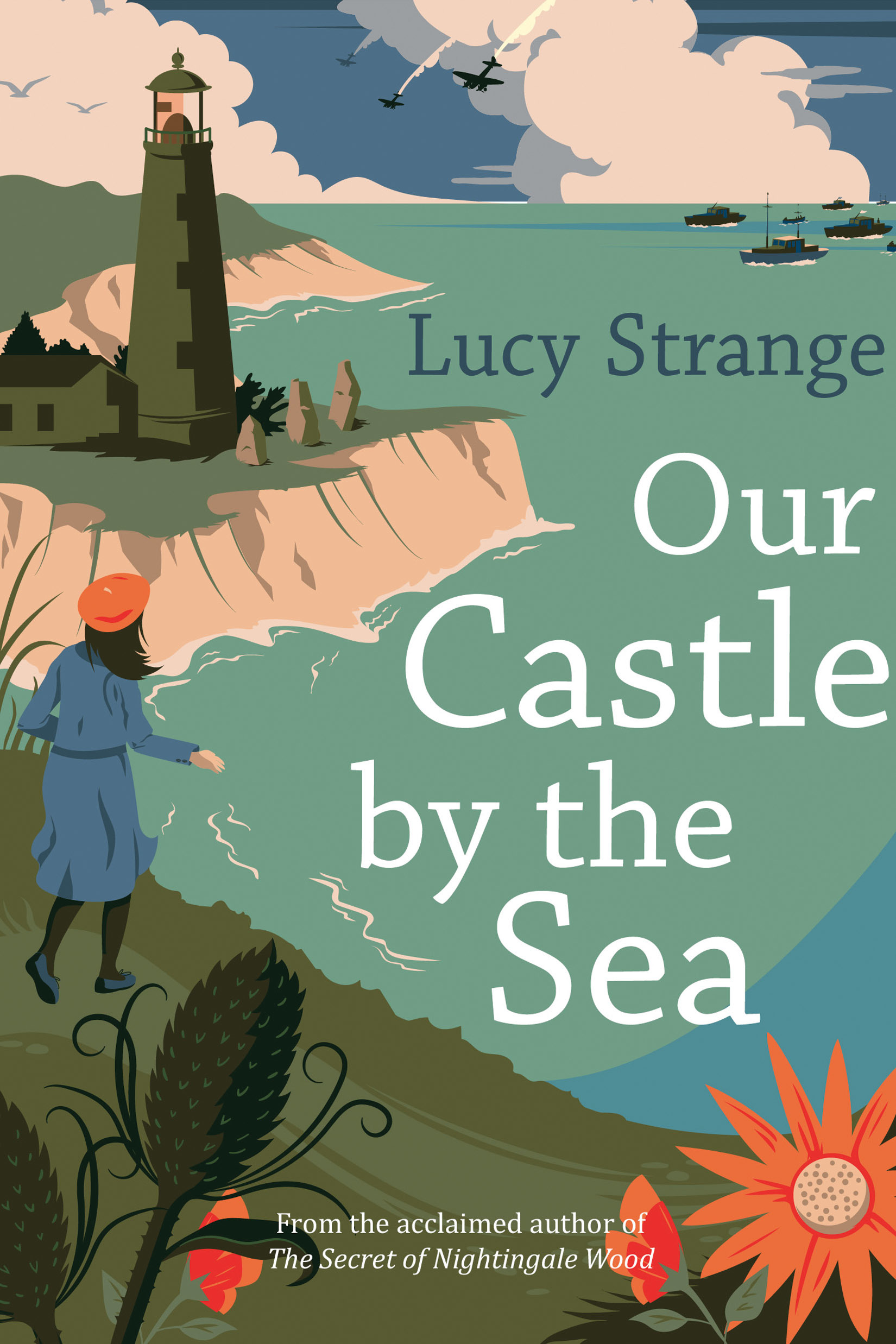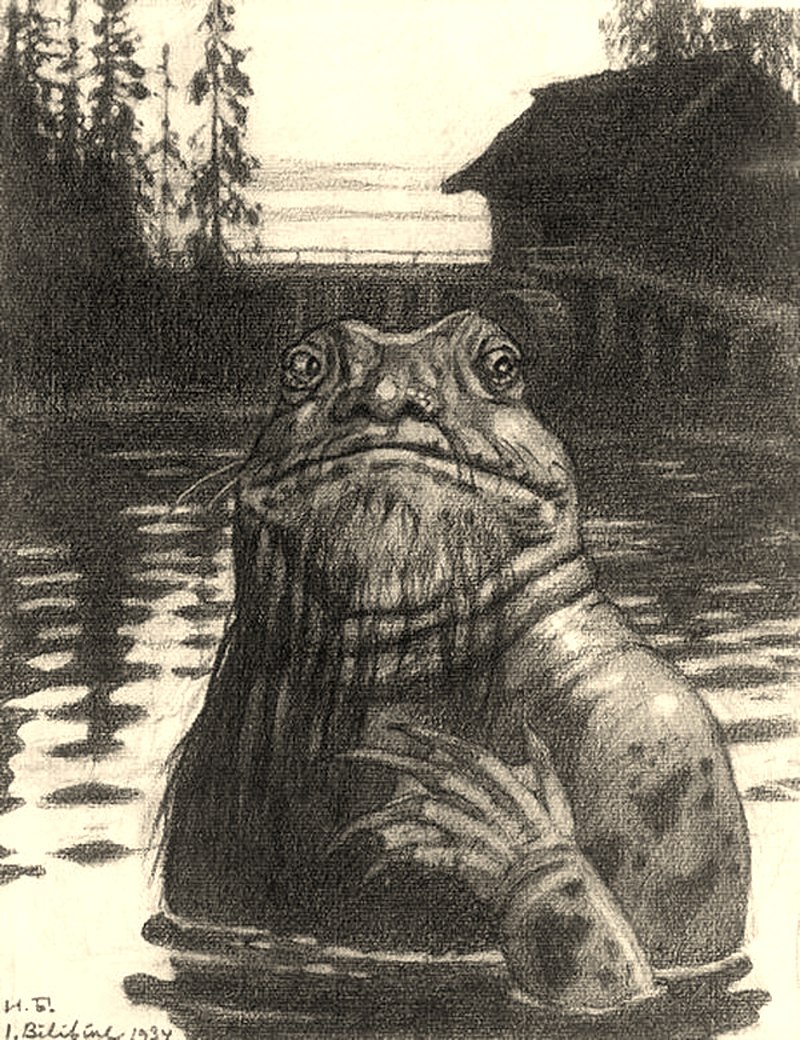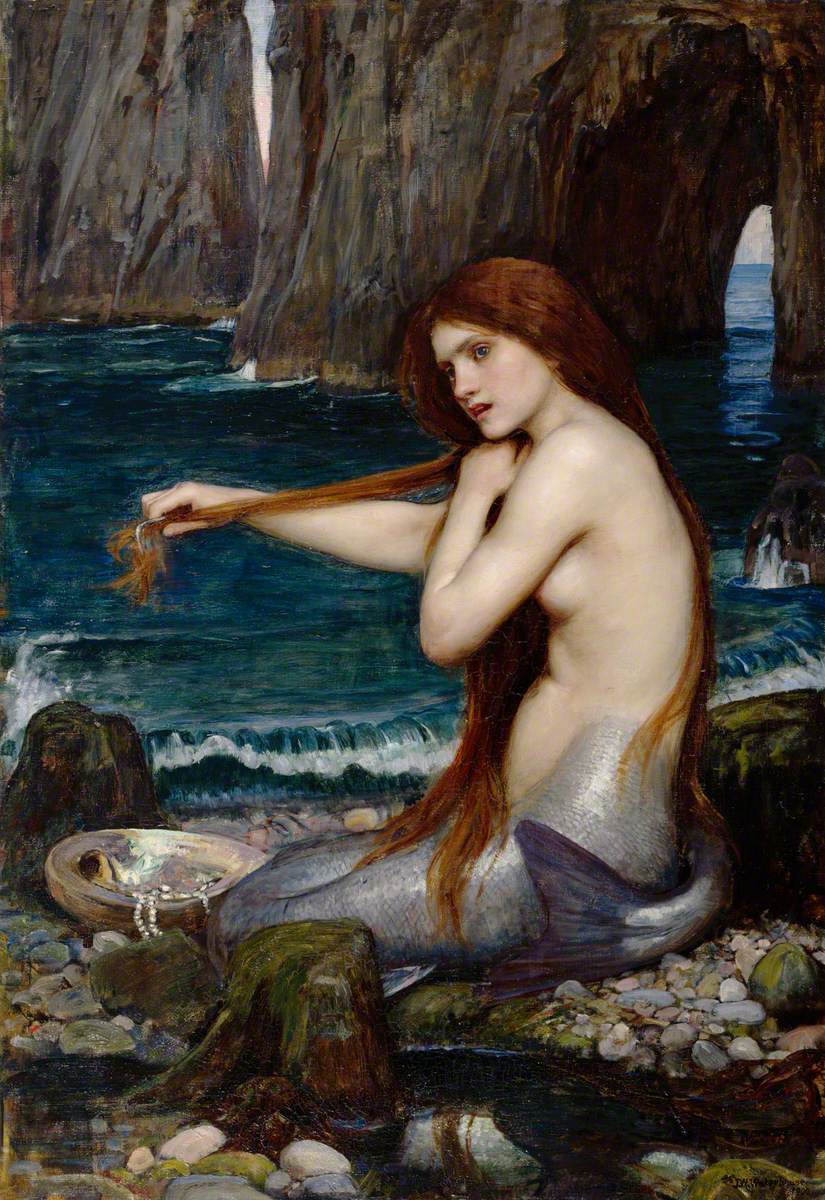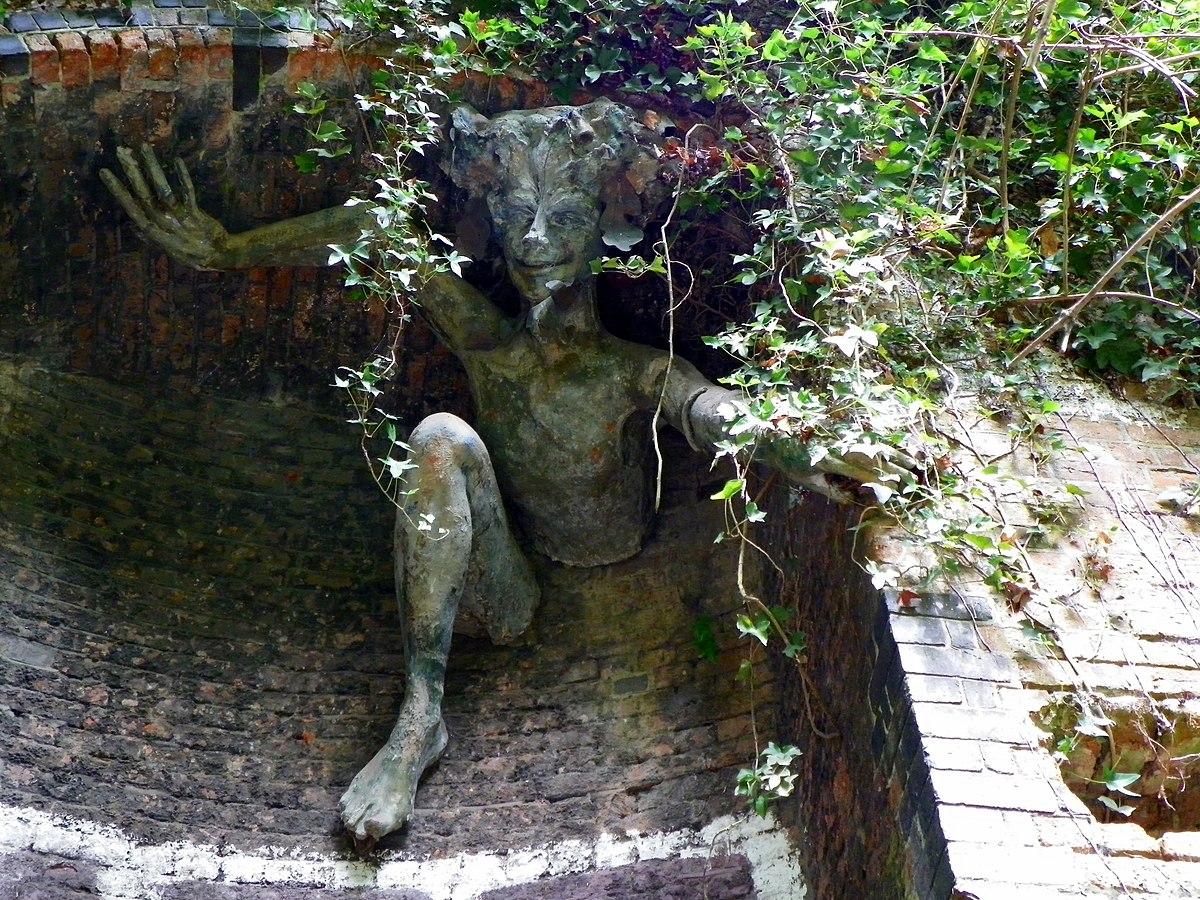Blog entry by Borbála Bökös






I'm currently reading Lucy Strange's middle school novels, which are a great source of myth adaptations with a gothic flair and are extremely pertinent to my current research and teaching methods. Her novels offer sophisticated retellings of classic myths in modern historical or domestic contexts by skillfully fusing British folklore, psychological complexity, and fantastical elements.
The Marsh King appears in Sisters of the Lost Marsh as a folkloric representation of social fear and patriarchal oppression. This character is loosely based on bog-monster myths from Northern Europe and Britain, which is reimagined here as a warning story that highlights female resiliency and intergenerational trauma. His spectral presence serves as a metaphorical critique of the power structures ingrained in rural lore as well as a supernatural threat.
The forest functions as a gothic transitional area in The Secret of Nightingale Wood, evoking classic European forest myths in which knowledge and peril coexist. As guardians of repressed maternal wisdom and resistance, the so-called "witch" the child protagonist meets is reminiscent of British and Germanic folklore's traditions of wise women or "cunning folk."
Within the context of World War II, Our Castle by the Sea reimagines coastal British legends, including lighthouse ghost stories, sea spirits, and selkie myths. A complex retelling of myth and history is produced by the protagonist's negotiation of both family secrets and national narratives, in which the fantastic is used as a means of political and emotional interpretation.
Particularly in workshop formats, these texts present intriguing opportunities for my fantasy and myth adaptation course. Students will be able to investigate how narrative voice, character, and space reconfigure myths rather than just preserve them. In addition to being gripping tales, Strange's books are also rich in pedagogy, allowing for conversations about gender, power, geography, and historical memory from a fantastical perspective. These texts will be incorporated into future workshop sessions, serving as launching pads for imaginative and analytical exercises in literary adaptation and myth-making.
